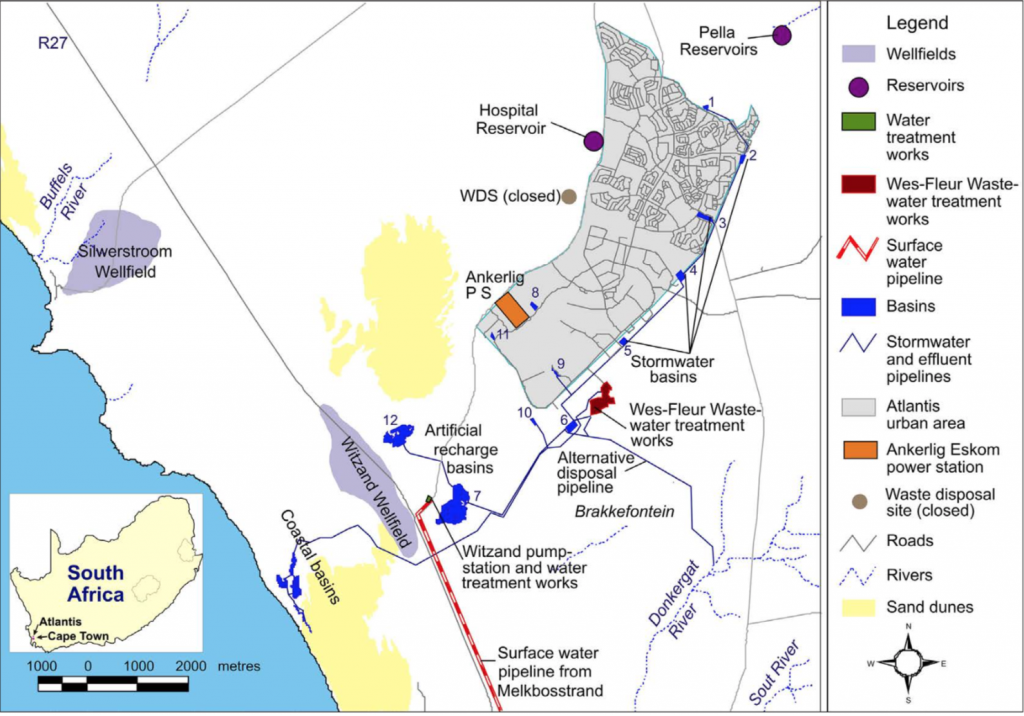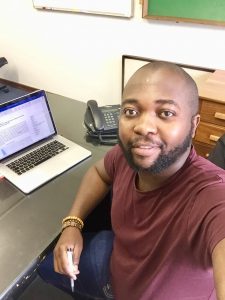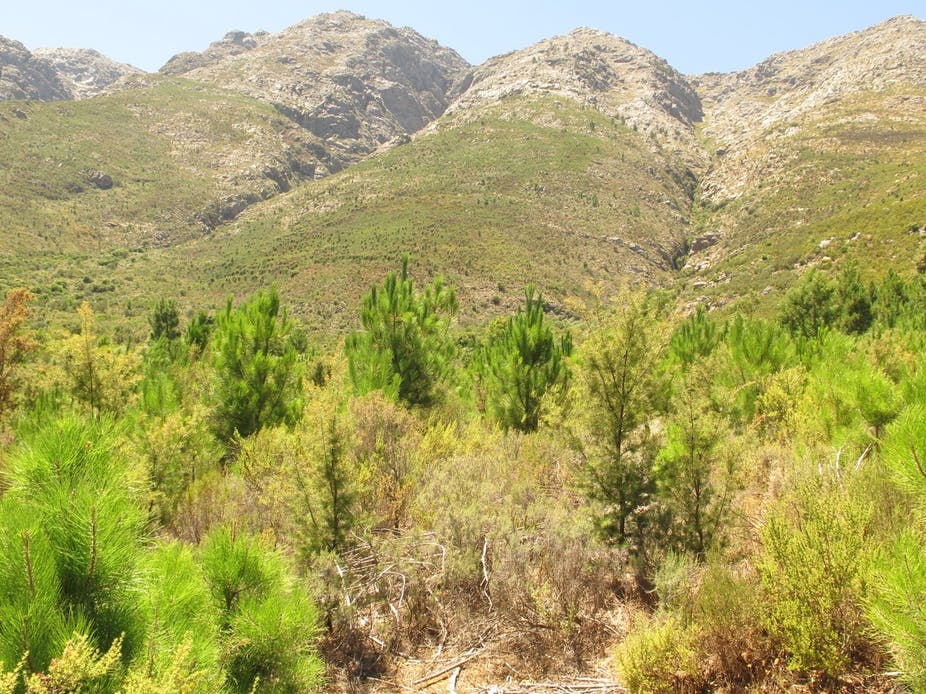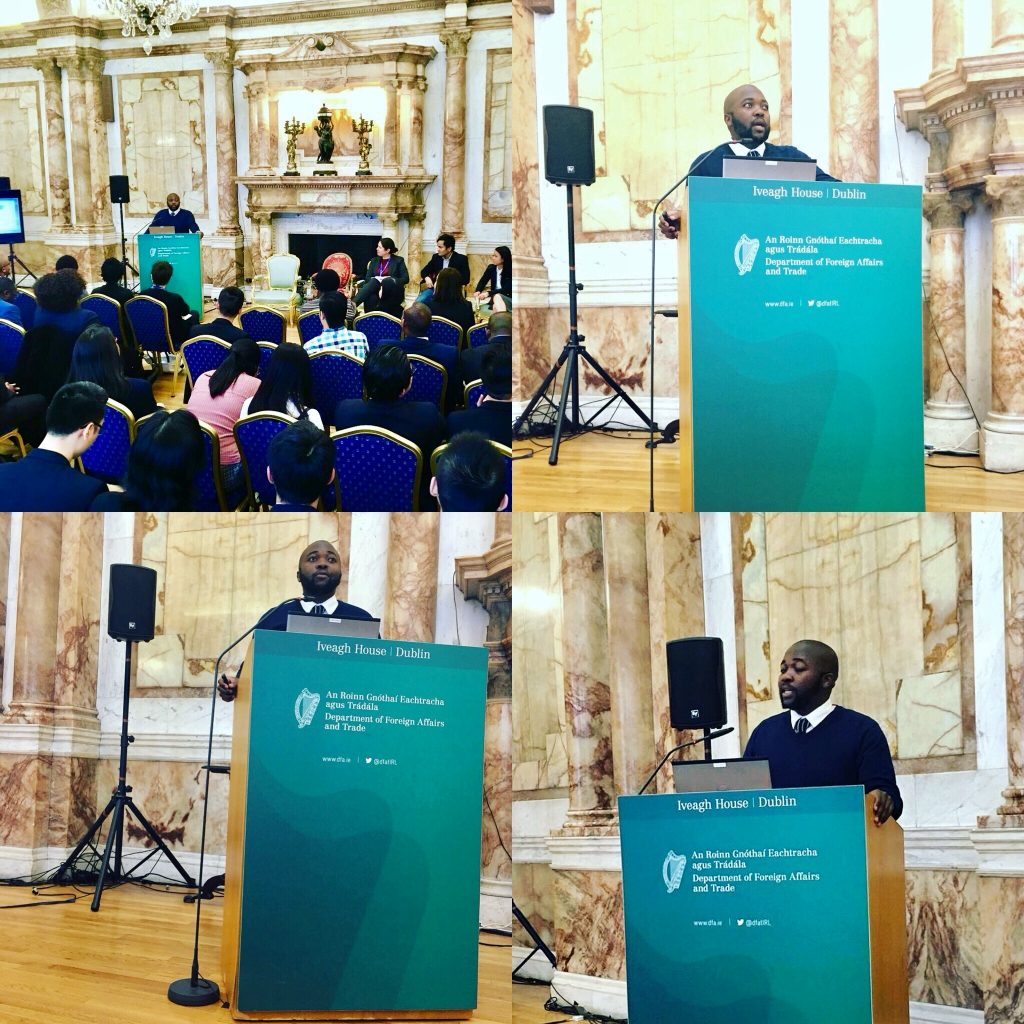Today we took a trip to Atlantis with my Host supervisors Dr. Mark Gush and Dr. Richard Bugan. We did field selection, inspection of the trees and marking of territory of where we will install our HPV system. The HPV system is used to measure the sap flow in the trees to show how much water is being lost through evapotranspiration. It was an interesting journey to learn about the different types of invasive alien trees growing in the area and luckily enough I saw how they are being cut down and controlled from growing any further. These alien invasive trees extract water from the aquifer which is a source of water for the Atlantis community.
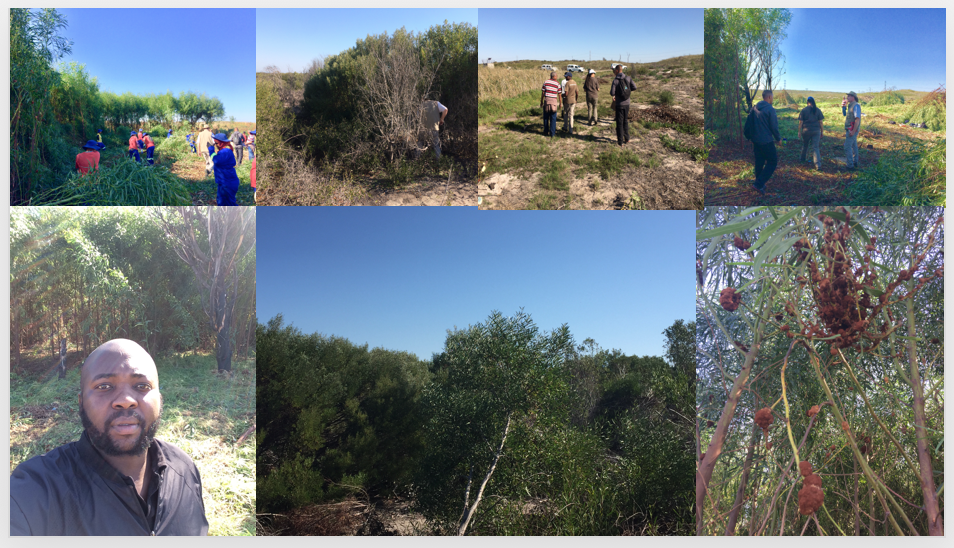
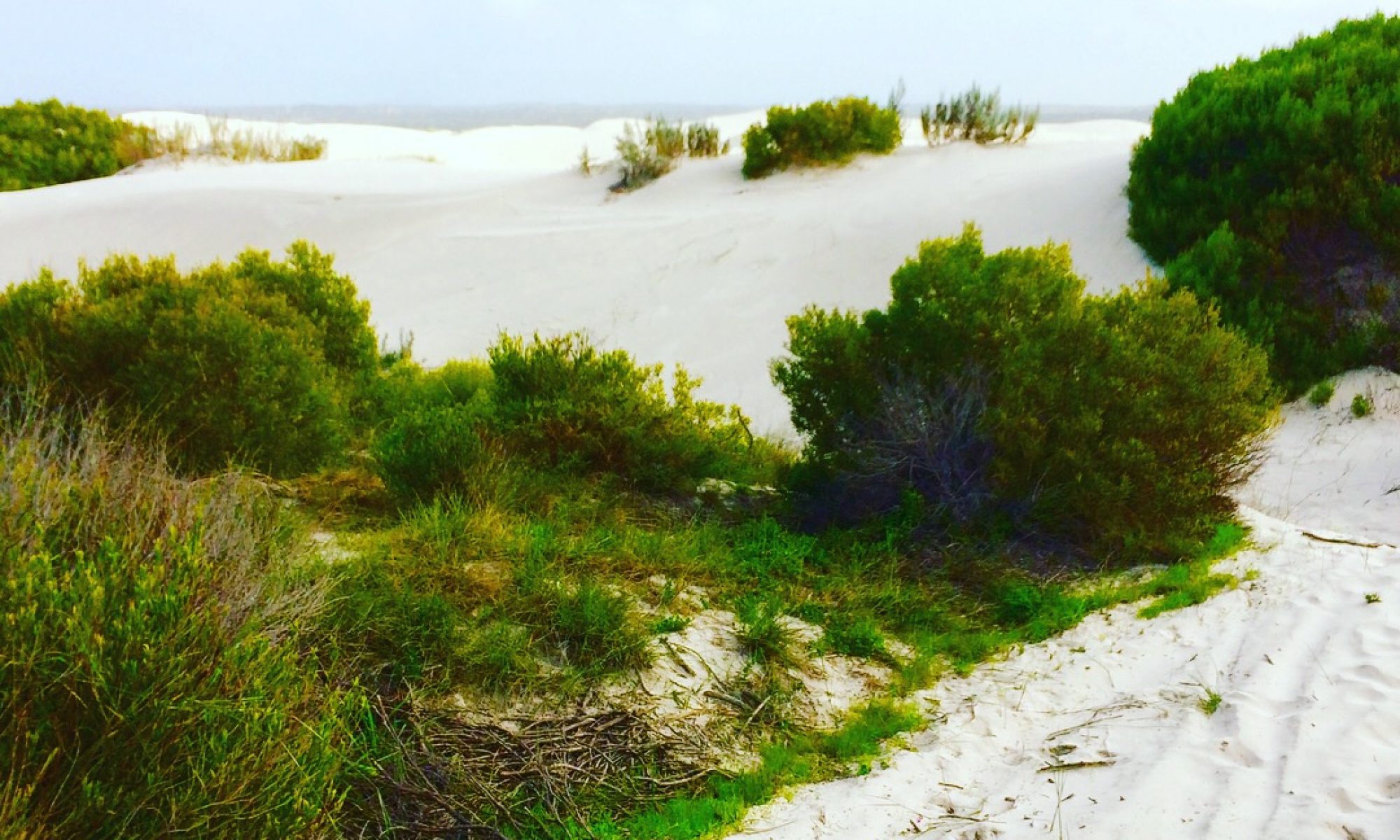
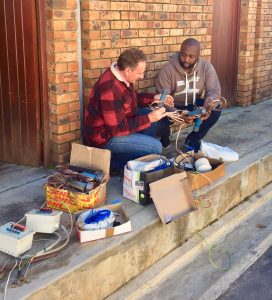 It was an interesting day for me today with my Host supervisors Dr. Mark Gush and Dr. Richard Bugan preparing the equipment that will be used for my research at Atlantis in Cape Town, South Africa. We will be looking at the
It was an interesting day for me today with my Host supervisors Dr. Mark Gush and Dr. Richard Bugan preparing the equipment that will be used for my research at Atlantis in Cape Town, South Africa. We will be looking at the 